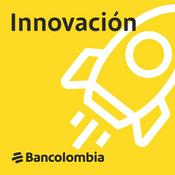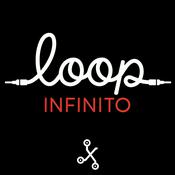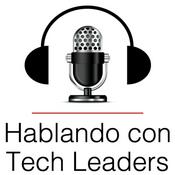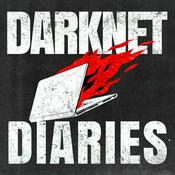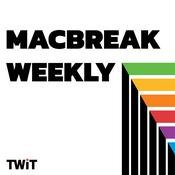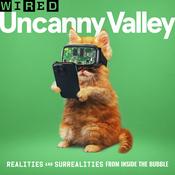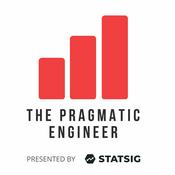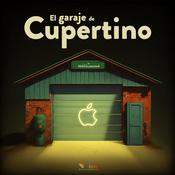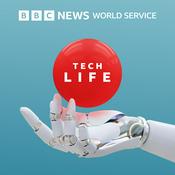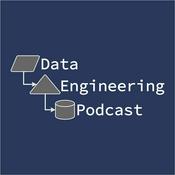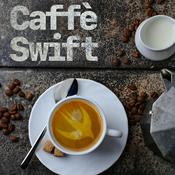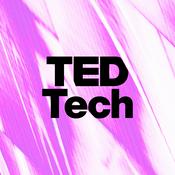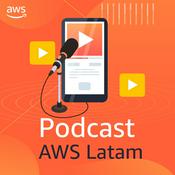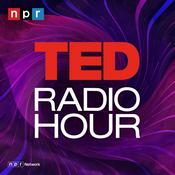15 episodios
- Episode notes: https://threedots.tech/episode/the-distributed-monolith-trap/
We talk about splitting software: when to do it, how to avoid common pitfalls, and why microservices aren’t always the answer. We share stories from past projects where we jumped on the microservices hype train without thinking through the real problems we were trying to solve. The key insight is that splitting software is more about organizing teams and maintaining good boundaries than about technology. - Episode notes: https://threedots.tech/episode/overcomplicated-vs-oversimplified-code/
Quick takeaways
Complexity comes from two extremes - projects fail both when they’re overcomplicated with unnecessary patterns and when they’re oversimplified for a complex domain
Essential vs accidental complexity - essential complexity comes from the domain itself and can’t be removed, accidental complexity is created by poor implementation choices
“Keep it simple” is lazy advice - achieving simplicity takes effort; closing your eyes to complexity just pushes it elsewhere
Match patterns to the problem - using the same approach everywhere is a red flag; mix simple solutions for simple parts and sophisticated patterns for complex domains
Ship fast and iterate - if you can’t deploy daily and fear making changes, something is wrong regardless of whether it’s over or under-engineered
We discuss where complexity in software projects comes from and how to deal with it. There are two common extremes: projects that are overcomplicated because someone applied patterns they saw at a conference without understanding them deeply, and projects that started simple but became a tangled mess as they grew.
Both can be equally difficult to work with. The key insight is understanding the difference between essential complexity (inherent to your domain) and accidental complexity (created by your implementation choices). We share diagnostic signals to identify unhealthy projects and practical advice on matching your tools to the actual problem you’re solving.
No Silver Bullet paper by Fred Brooks - discusses essential vs accidental complexity
Domain-Driven Design (DDD) - a pattern for tackling complex domains
Clean Architecture - another approach for managing complexity
YAGNI (You Aren’t Gonna Need It) - principle against premature generalization
Defensive programming - validating inputs early to prevent errors propagating
Canary releases and rollbacks - deployment strategies that can add overhead
Three Dots Labs blog - articles on Go patterns and architecture
Go with the Domain ebook - free ebook about DDD in Go with 60,000+ downloads
Wild Workouts example DDD project - complex Go project demonstrating real-world patterns
Microservices architecture - discussed as sometimes adding unnecessary complexity
CRUD applications - simple approach that works for some domains but not others
The Domain Engineer training - upcoming training mentioned for early next year - Full episode notes: https://threedots.tech/episode/ddd-toolbox-not-religion/
Quick takeaways
Domain complexity matters more than technical complexity - Most projects fail not because of technical challenges, but because they don’t handle the business domain well.
DDD is a toolbox, not a religion - You don’t need to use every pattern from Domain-Driven Design. Pick what solves your actual problems.
Start with the domain model - Understanding how the business works is more important than designing the perfect schema.
Avoid solving imaginary problems - Spending months on frameworks or platforms before building actual features often leads to wasted effort.
Strategic patterns are essential for everyone - Even if you don’t use tactical DDD patterns, thinking about core domains and module boundaries matters in every project.
In this episode, we discuss why software projects become legacy code that nobody wants to touch.
We talk about how Domain-Driven Design can help, but also why it’s often misunderstood or overused.
Instead of treating DDD as an all-or-nothing approach, we suggest to use the ideas pragmatically - picking the patterns that solve real problems in your project.
We share stories to show how focusing on domain complexity rather than technical complexity leads to better software. - In this episode, we talk about why software projects in regular jobs are delivered much slower compared to side projects, and what you can do about it.
We share our journey from building hobby projects as teenagers to working in professional environments, and the differences we encountered.
Developers are often kept isolated from product decisions and treated as “coding monkeys in golden cages” - just receiving tasks without understanding the why behind them.
We discuss techniques like Event Storming that can help break down these barriers, and improve collaboration between developers and product managers.
Más podcasts de Tecnología
Podcasts a la moda de Tecnología
Acerca de NO SILVER BULLET
Based on nearly 20 years of working together on various projects, we discuss when it makes sense to move fast rather than aim for perfect code, and how to avoid technical debt that can kill your project.
We focus on making mindful engineering decisions instead of blindly following rules like “always do X” or “never do Y”. Different situations need different approaches to code quality.
Sitio web del podcastEscucha NO SILVER BULLET, Platzi Podcast y muchos más podcasts de todo el mundo con la aplicación de radio.net
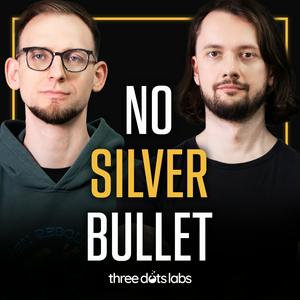
Descarga la app gratuita: radio.net
- Añadir radios y podcasts a favoritos
- Transmisión por Wi-Fi y Bluetooth
- Carplay & Android Auto compatible
- Muchas otras funciones de la app
Descarga la app gratuita: radio.net
- Añadir radios y podcasts a favoritos
- Transmisión por Wi-Fi y Bluetooth
- Carplay & Android Auto compatible
- Muchas otras funciones de la app


NO SILVER BULLET
Escanea el código,
Descarga la app,
Escucha.
Descarga la app,
Escucha.







